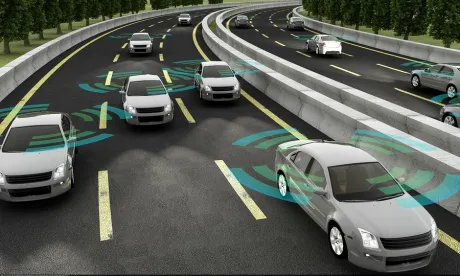Despite last minute efforts to address concerns of various groups who opposed the bill, Members of the 115th Congress ultimately failed to pass the American Vision for Safer Transportation through Advancement of Revolutionary Technologies Act (AV Start Act), before the end of their session on the last week of 2018. The AV Start Act would have created a framework for regulating, testing and deploying automated vehicles, with the goal of ensuring the safety of highly automated vehicles (HAVS).
Opponents of the AV Start Act cited the threat of public safety as their chief concern, noting that the bill rushed to allow the widespread sale of automobiles under the façade of safety, but would not require them to meet all of current safety standards. It was less than a year ago that an Uber self-driving car killed a woman, after failing to make an emergency stop. The National Transportation Safety Board also has pending investigations into crashes involving cars with partial automated driving capabilities. Other critics argued that the bill would not allow regulators to have sufficient oversight over HAVs.
Since this legislation did not pass, each of the House and Senate will have to start over in the new Congress. There also have been efforts to introduce AV regulations at the state level. In 2017, 33 states have introduced legislation related to autonomous. Governors in Arizona, Delaware, Hawaii, Idaho, Illinois, Maine, Massachusetts, Minnesota, Ohio, Washington, and Wisconsin, have all issued executive orders related to autonomous vehicles. Experts in the field and autonomous industry reps have expressed urgency in the need for federal legislation to avoid varied regulation from state to state. As the technology grows, the differences between different sets of rules could become a major inconvenience for car manufacturers.
With self-driving cars continuing to make advancements and dominating headlines, legislation will continue to appear. Driverless cars have the potential to significantly improve the safety of our roads in the future, but there is legitimate concern that releasing these cars too soon could result in major problems and public skepticism that may greatly set back HAVs. More time to generate a bill focused on safety, may be most beneficial for HAVs in the future.
Law graduate, Katrina Nelson, contributed to this piece.



 />i
/>i

